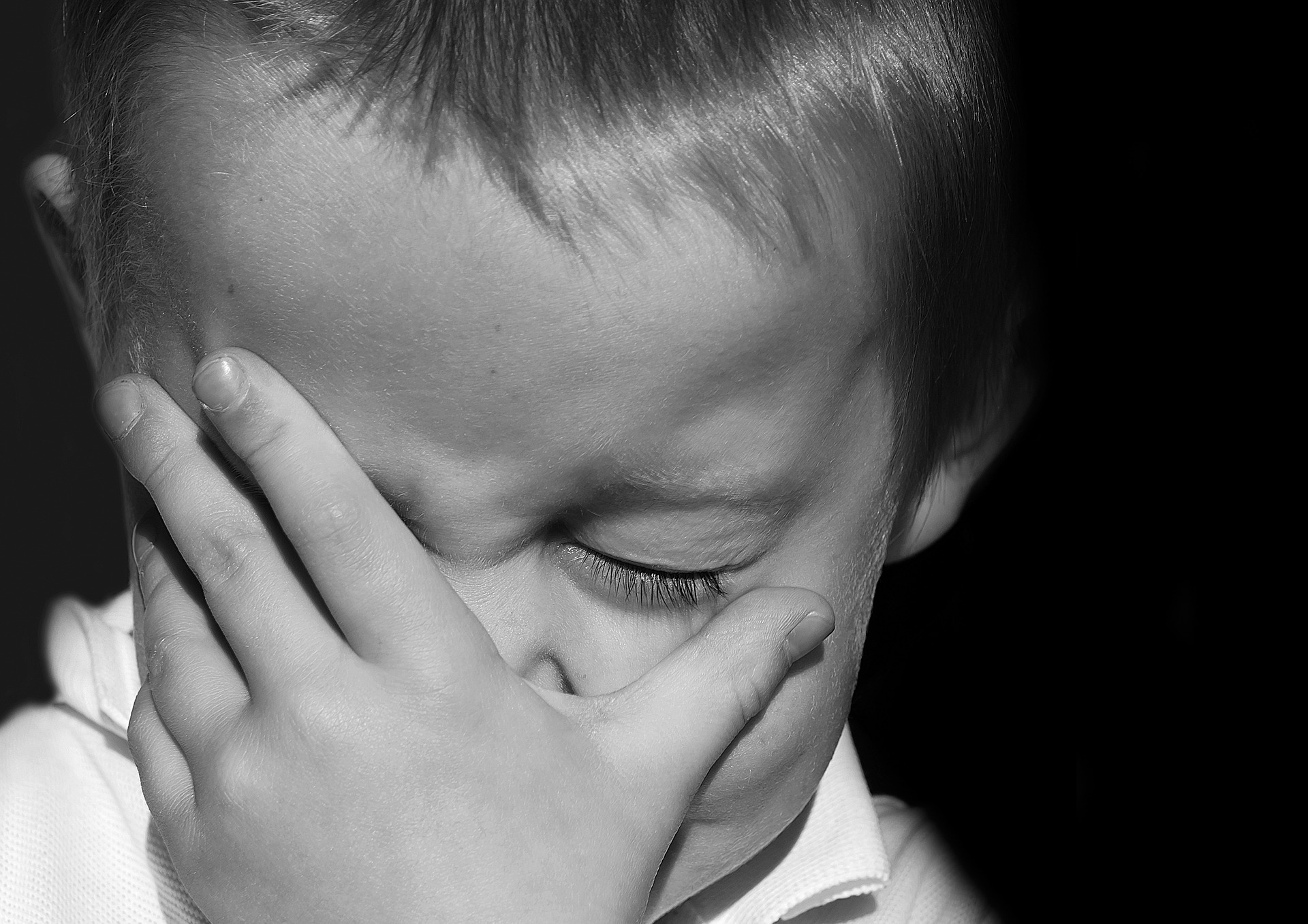
Jerry Seinfeld once said “having a two year old is like having a blender that you don’t have the top for”. At the time of writing this blog, my two and a half year old grand daughter is struggling with the new arrival of her sister. My grand daughter is a delightful and loving little girl but in the last two months she has certainly had moments of anger, frustration and jealousy that have resulted in our family wondering how to help her with these big emotions. How should we respond when she lashes out at us, her baby sister and to other children at child care?
So as my personal and professional lives collide I thought it timely to write about some of the strategies I suggest to clients and within my own family when it comes to our little ones hitting, biting, kicking, damaging property and name calling.
6 Strategies to Manage Big Emotions
- Tell your child that anger is a normal, healthy emotion. Encourage them to start to identify the difference between angry feelings and aggressive behaviours. Continue to encourage them to verbalise feelings of anger, frustration and disappointment. We have said “it is OK to feel angry but it’s not OK to hit/bite/ scratch”
- Established family anger rules. Anger rules should centre around behaving respectfully towards others. We have been clear that physical aggression is not respectful behaviour and that she cannot throws things or lash out physically when angry. We have said to her “in our family we kiss and cuddle each other”.
- Model appropriate anger management skills. We can’t have these rules and then do the very thing we are encouraging them not to do. We are verbalising our feelings
and if we display anger inappropriately we take responsibility for our behaviour and apologise and discuss how we could have done it differently. - Teach healthy coping skills. We are saying “Next time, use your words,” or, “Walk away from her/him when you feel angry.” We are also starting to ask “What could you do instead of hitting?” to help her begin to identify strategies that she finds helpful. We have started to create activities with her that help her when she is starting to get upset. We have colouring books, little games, painting and she loves face and hand lotions.
- Praise specific behaviours including sharing, taking turns and using kind words and gestures. We encourage her to keep trying even when we have a set back. We tell her that we will help her be gentle.
- Endeavour to offer immediate and frequent feedback. We are making the praise specific. Instead of saying “Good job,” we are saying“Great job being gentle” We are pointing out the behaviours we want to see more of, not the behaviours we hope to diminish.
These are strategies we have agreed not to do.
- DON’T hit or smack her for hitting or biting. We understand that in doing so we are reinforcing that hitting is okay and modelling the very behaviour we are attempting to stop.
- DON’T punish. We are focusing on helping her to learn positive ways to manage her big emotions and by punishing her or telling her that she is “bad” or “naughty” only makes her feel ashamed and more likely to act out further.
- DON’T force her to apologize. This is a new one this week as we have realised that her “I’m sorry” is rarely heartfelt. We are starting to encourage
her to colour a picture or some other act of kindness which will encourage her to take responsibility for her actions and show empathy for the other person.
I am not suggesting we have got it right. Far from it. We have all experienced feelings of frustration with her, with ourselves and the big one…….GUILT. You will also note that this list is not exhaustive and strategies are being added to and taken away as we go. However what does not waiver is our commitment to helping this little one identify and label her feelings, identify strategies that empower her to manage these feelings without guilt or shame and to know no matter what we love her and will continue to support her through this transitional time.
If you would like to discuss these strategies and more or you are still worried about your child’s behaviour please do not hesitate to contact Attuned Psychology here to arrange an appointment.
Subscribe to our newsletter Attuned Life
Would you be interested in receiving our occasional newsletter, event information and other useful tips via e-mail?

